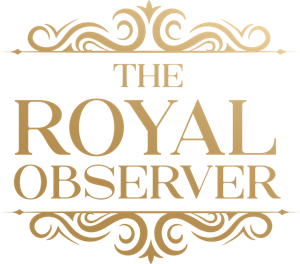How Horse Racing Became a Deep Passion for Queen Elizabeth

Queen Elizabeth II attending day 5 of Royal Ascot at Ascot Racecourse on June 19, 2021, in England.
For centuries, kings and queens have shaped national traditions in sports, leisure, and entertainment.
Horse racing was always a great royal favorite. Various monarchs bred champions, built racecourses, and even placed bets similarly to others who use gaming websites in their spare time (navigate here to take a gander).
Looking at the thriving sport today. It’s clear that for the industry, their influence, wealth, and patronage helped.
Even 500 years ago, Henry VIII kept a stable of fine horses. In the 17th century, Charles II, the ‘Merry Monarch,’ was a great enthusiast and made Newmarket the home of British racing.
Later, Queen Anne founded the racecourse at Ascot in 1711. Her vision led to the Royal Ascot festival, which is still a highlight of the UK racing calendar.
Of course, more recently, Queen Elizabeth II was world-famous for adoring the sport.
She was renowned for owning, training, and breeding her own racehorses. The Queen carefully studied bloodlines and as a result horses from her stables won over 1,800 races in the course of her life.
Over the years, the monarchy’s love and connection to horse racing has run very deep. It has provided a long-standing, powerful, and passionate support for the racing industry.
Royals and Gambling
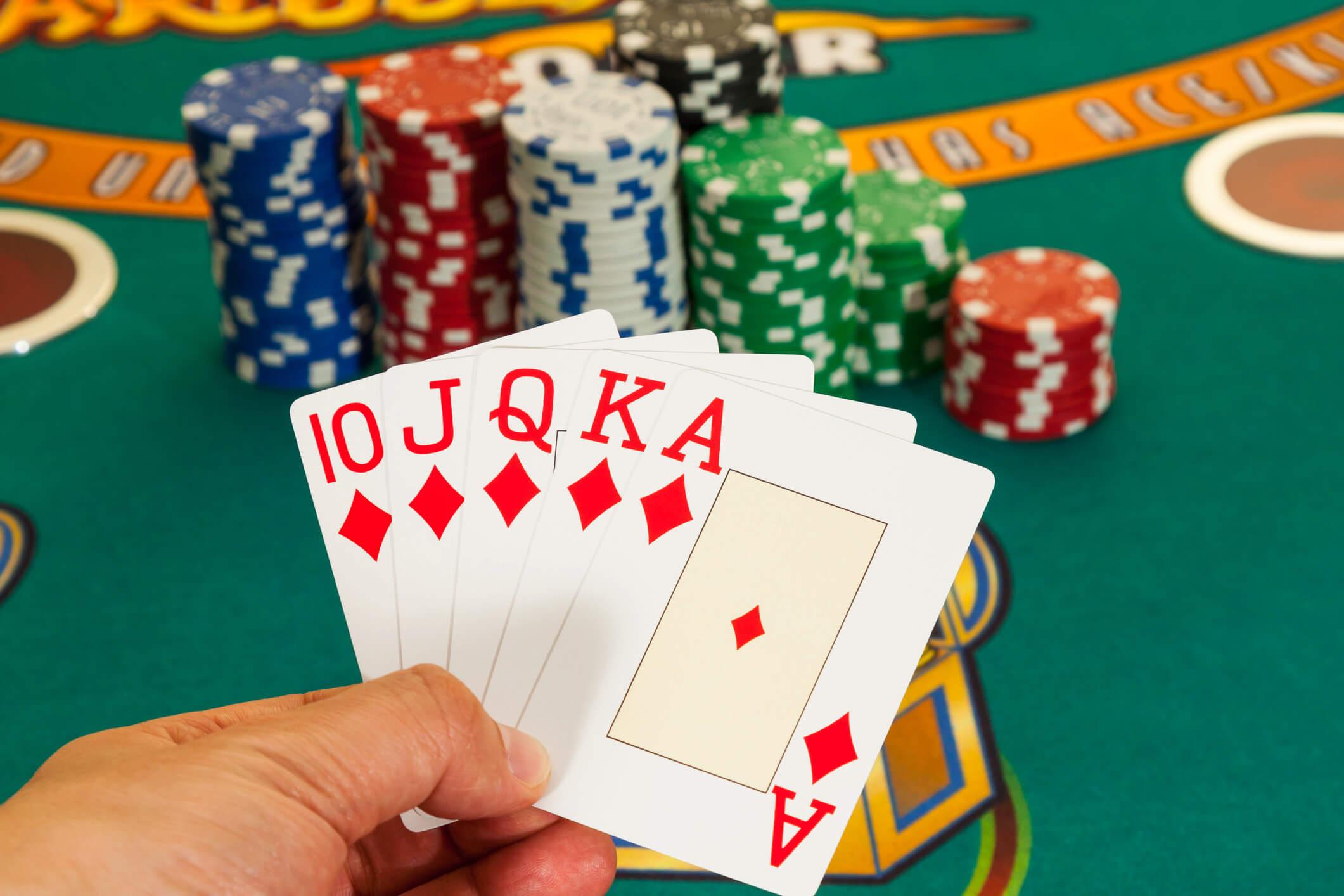
A representative image of gambling.
Monarchs have often enjoyed a gamble.
Charles II wagered on cards and dice. George IV was a heavy gambler, losing fortunes at the tables.
Edward VII loved Monte Carlo’s casinos.
The thrill of risk has often been part of royal life. Today, online casinos dominate gambling. Roulette, blackjack, and poker–games once played in royal courts–are now digital.
Millions play worldwide, but it’s no longer known if any royal play. Card games are sometimes mentioned in royal circles but there has been no evidence that even colourful royals like Prince Philip or Prince Andrew were gamblers.
Royal watchers are convinced that Queen Elizabeth II had little interest in casinos. Her passion was horses. She studied pedigrees, followed races, and celebrated wins. Her love for the sport was lifelong.
The Queen’s Passion for Horse Racing
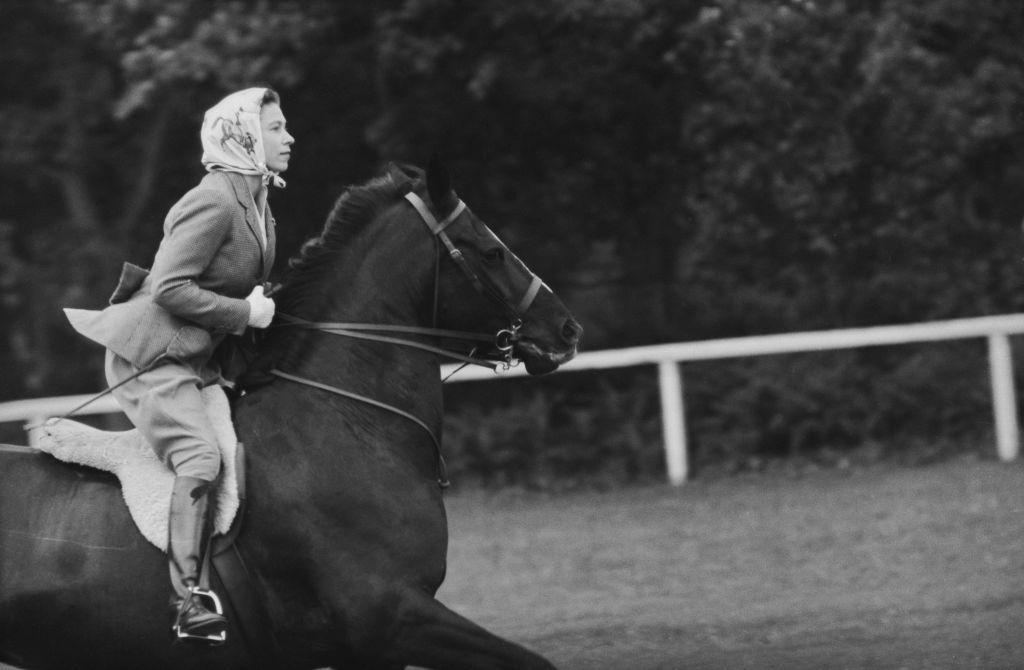
Queen Elizabeth riding her horse at Royal Ascot in Berkshire on June 16th, 1960.
Queen Elizabeth II might now have been a friend of the bookies, but she was more than a racing spectator. She became an owner, breeder, and expert in horse racing.
Her passion began in childhood. By adulthood, it became a defining interest. The Queen owned over 1,800 winners. Her horses ran at top courses like Cheltenham, Epsom, and Ascot. She studied pedigrees and spoke fluently about breeding. In the stable world, trainers and jockeys respected her knowledge. She could recall bloodlines generations deep.
Her involvement brought global media attention. When her horse Estimate won the Gold Cup at Royal Ascot in 2013, it made headlines worldwide. She became the first reigning monarch to win the race. Her celebrations of that moment have become iconic.
Amid royal duties, horses provided the Queen with a sense of normality. A morning at the stables offered her peace away from cameras and diplomacy and a chance to focus on the sport she loved.
Daily Routine Built Around Horses
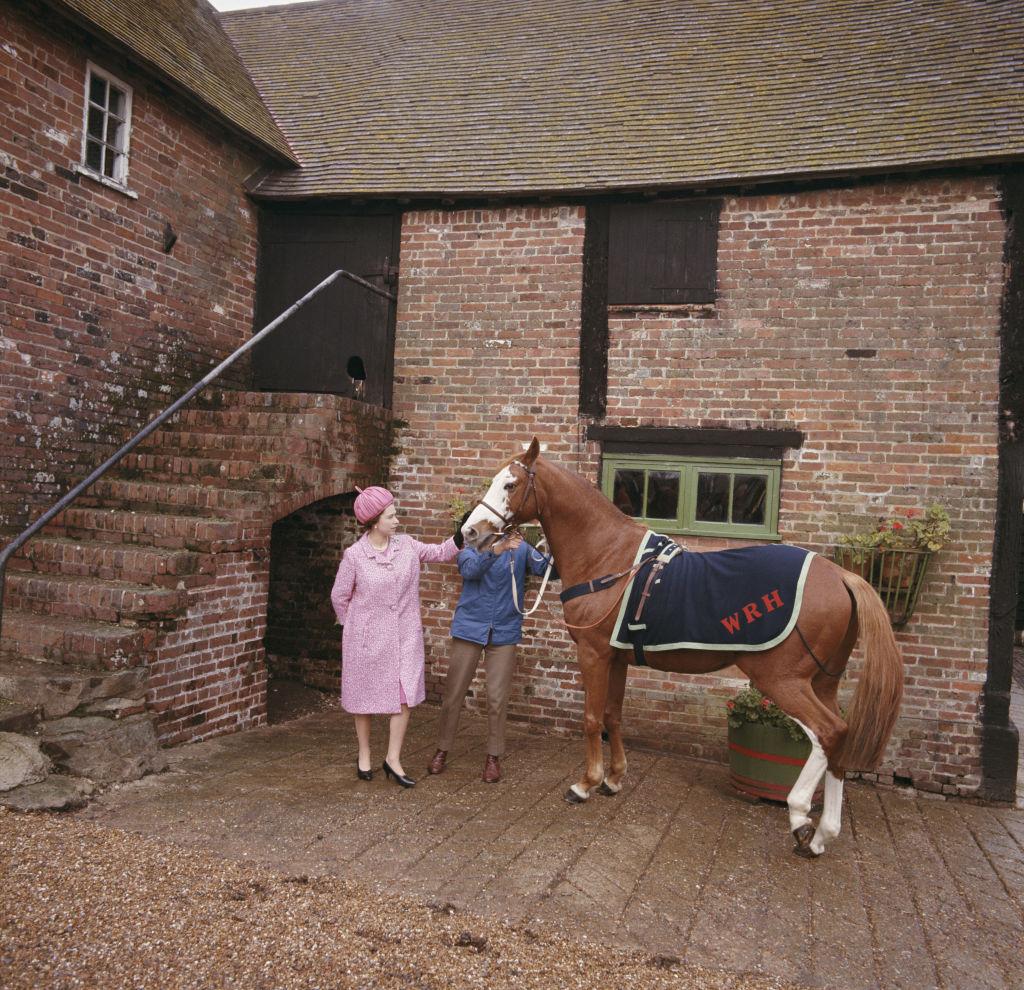
Queen Elizabeth II at Rye in Sussex, with racehorse Augustine (which used to belong to her) on 28 October 1966.
The Queen’s mornings often began with reading the racing news. Reports on training, breeding, and upcoming races were part of her schedule.
Despite her busy official state affairs, she found time to visit her horses whenever possible. She liked nothing more than walking through her stables, speaking with trainers, and watching the horses gallop. At Windsor Castle, she kept a close eye on her foals and yearlings.
She also attended major racing events, often dressed in bright colors for easy recognition. Crowds would cheer her presence at Royal Ascot, the Derby, and Cheltenham Gold Cup. They recognised a fellow enthusiast.
For her, racing wasn’t just a hobby. It was a lifetime commitment. The sport connected her to the royal history and tradition, as well as providing her personal joy.
The Future of Royal Racing
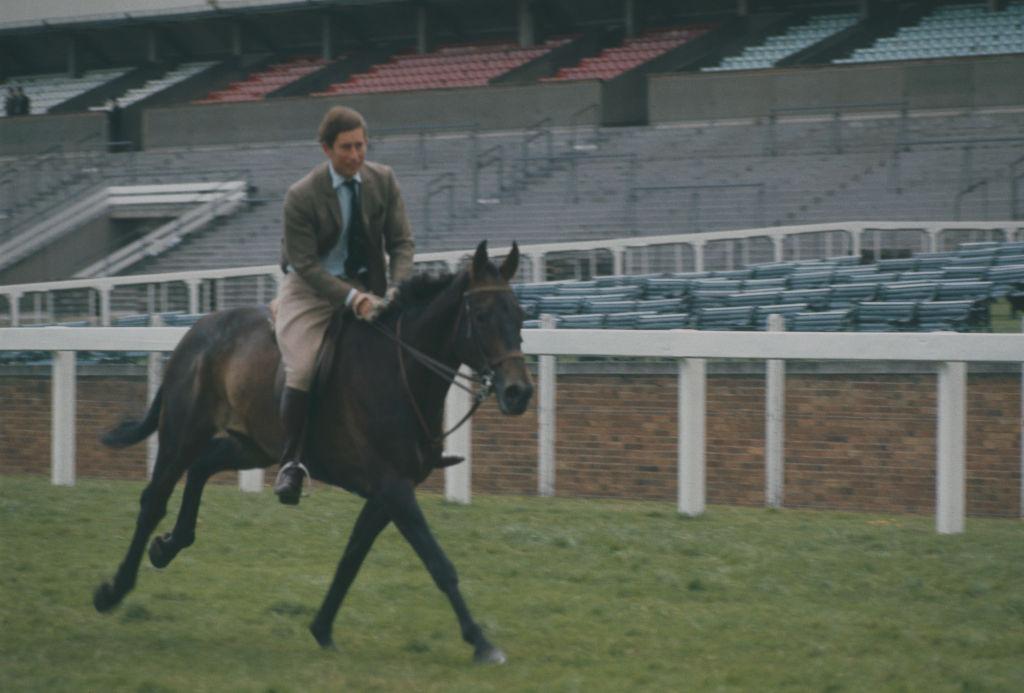
Prince Charles rides a horse at the Ascot racecourse in Berkshire, England, UK, on 23 June 1972.
After Queen Elizabeth II, attention now turns to her son, King Charles III.
Would he share his mother’s passion? So far, his interest appears more reserved. He inherited her stables but has scaled back the operations. Some racehorses have even been sold.
Charles’ focus leans more toward conservation and countryside management.
Meanwhile, the younger royals have shown mixed enthusiasm for the sport. Princess Anne and Zara Tindall, both accomplished equestrians, remain active in the horse world. But Prince William and Prince Harry have shown little involvement in racing.
The British monarchy’s connection to horse racing has lasted for centuries. The sport thrives on its heritage, prestige, and tradition. Race betting and odds, too, remain intertwined with the sport. From royal wagers in past centuries to modern online betting, the thrill of risk is a massive part of British culture.
Whether Charles and the next generation maintain the royal link is uncertain. But racing’s ancient royal legacy will not fade easily.
